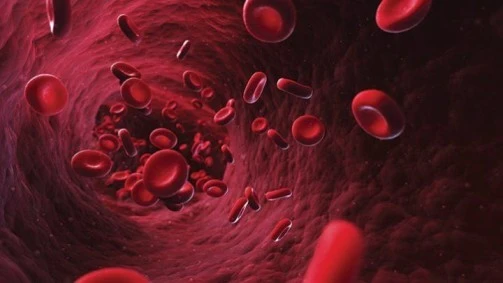The Indian Council of Medical Research (ICMR) has improvised new guidelines that state the side effects of excessive tea or coffee consumption.
The collaboration between ICMR and the National Institute of Nutrition (NIN) came up with 17 new dietary guidelines for Indians to encourage healthy eating habits throughout the nation.
Also read: Salman Khan House Firing Case: Sixth Accused Held In Haryana
Avoid Tea/Coffee!
According to the new guidelines, too much tea and coffee consumption should be avoided as they have “caffeine, which stimulates the central nervous system and induces physiological dependence”.
Also, as these drinks include tannins, which might limit the body’s absorption of iron, it has been recommended to avoid having them for at least an hour before and after meals. It stated, “Tannins tie to iron in the stomach, making it harder for the body to absorb iron properly. This may lead to iron deficiency and health problems like anaemia. Excessive coffee consumption can also cause high blood pressure and cardiac irregularities,”
Track the caffeine intake!
Thus, the ICMR guidelines recommended keeping a count of caffeine intake per day. A daily intake of 300 mg of caffeine is recommended. A 150 ml serving of brewed coffee has 80 to 120 mg of caffeine, while instant coffee has 50 to 65 mg. Similarly, a serving of tea contains 30 to 65 mg of caffeine.
Also read: PM Modi Officially Files Nomination Paper From Varanasi Constituency
Is tea without milk a good option?
Whereas the guidelines highlighted the benefits of the consumption of tea without milk. According to the guidelines, drinking tea without milk improves blood circulation and reduces the risk of coronary artery disease and stomach cancer.
About Author
This Article has been written by Ms Sayani Mondal, who is a Defense and security enthusiast with interest in geopolitical analysis and cyber threats. She is skilled researcher with a passion for applying academic knowledge to real-world national security challenges.











